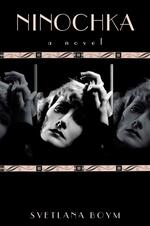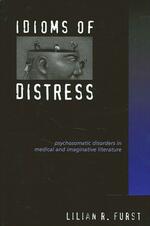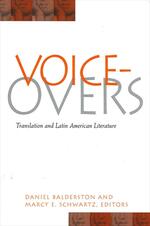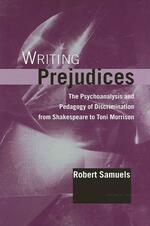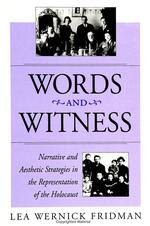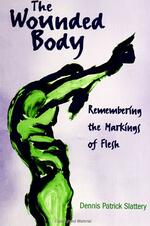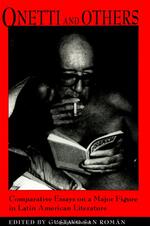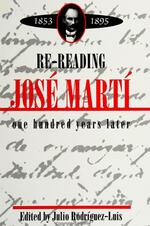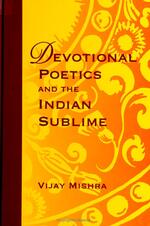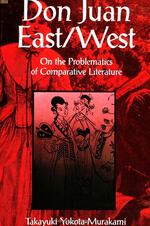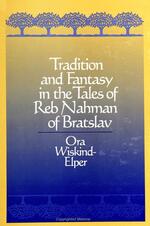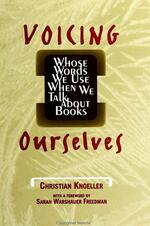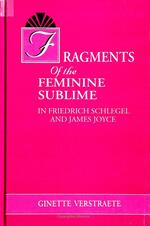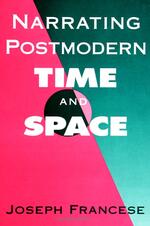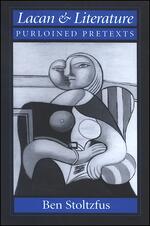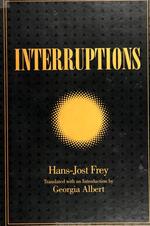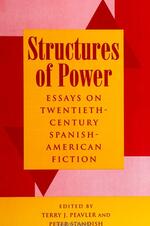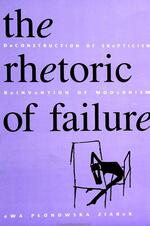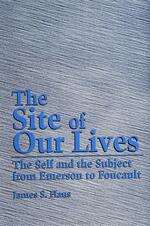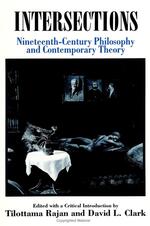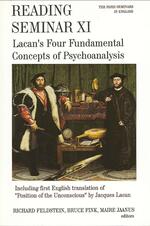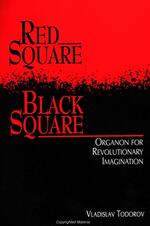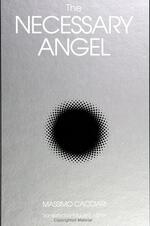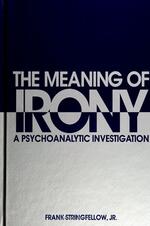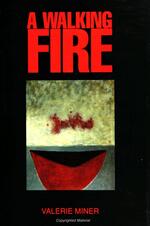Comparative Literature
Ninochka
A Russian émigré living in New York travels to Paris to try to reconstruct the secret life of another Russian woman who was murdered there on the eve of World War II.
Idioms of Distress
Traces portrayals of psychosomatic disorders in medical and imaginative literature of the nineteenth and twentieth centuries.
Voice-Overs
Writers, translators, and critics explore the cultural politics and transnational impact of Latin American literature.
Writing Prejudices
Examines the manifestations of racism, sexism, and homophobia in the literary works of Shakespeare, Mary Shelley, Joseph Conrad, and Toni Morrison.
Words and Witness
Connects Holocaust literature and film to other works of "historical horror" in order to examine the limits that trauma imposes upon literary and artistic expression.
The Wounded Body
Explores the wounded body in literature from Homer to Toni Morrison, examining how it functions archetypally as both a cultural metaphor and a poetic image.
Onetti and Others
Explores the connections between Onetti, a foundational figure of the 1960s "Boom" in Latin American literature, and other relevant writers and texts from Latin America and beyond.
Re-reading Jose Martí (1853-1895)
Re-evaluates Jose Marti's contribution to Latin America's literature and political evolution.
Devotional Poetics and the Indian Sublime
Combines Western theories of the sublime (from Longinus to Lyotard) with indigenous Indian modes of reading in order to construct a comprehensive theory of both the Indian sublime and Indian devotional verse.
Don Juan East/West
An essential guide for those who seek to reconsider the theoretical problems of (trans-civilizational) comparative literature, those who are interested in the literary and cultural history of modern East Asian countries, and those with a general interest in issues of sexuality.
Tradition and Fantasy in the Tales of Reb Nahman of Bratslav
Considers the tales of Reb Nahman of Bratslav within a broad cultural milieu, including the romanticism of Reb Nahman's time, contemporary feminist hermeneutics, and the fantastic in various contexts.
Voicing Ourselves
Using Bakhtinian theory, this study reveals how and why readers routinely refer to the words and ideas of others to interpret the meanings and implications of the books they read.
Fragments of the Feminine Sublime in Friedrich Schlegel and James Joyce
Traces the early German Romantic origins of Joyce's modern and postmodern innovation of the novel.
Narrating Postmodern Time and Space
Defines postmodern writing and distinguishes it from modern writing by citing examples from two modern and three postmodern writers: Italo Calvino, John Barth, Toni Morrison, E. L. Doctorow, and Antonio Tabucchi.
Lacan and Literature
This book of literary criticsm uses Lacanian psychoanalytic theory to explicate Roland Barthes, Albert Camus, Ernest Hemingway, D.H. Lawrence, and Alain Robbe-Grillet.
Interruptions
This untraditional text is a series of parables, allegories, and prose poems that reflect on the problem of the fragment. Studying the fragment lays the theoretical ground for the basic question of where a text begins and ends.
Structures of Power
Explores the many faces of power as revealed in twentieth-century Spanish-American fiction.
The Site of Our Lives
This book addresses the question of human uniqueness at a time when academic discourse has all but abandoned its long-held commitment to the value of individuality. Through an appraisal of the works of ...
Intersections
This is a study of the relationship between postmodernism and post-enlightenment German thought reading the contemporary theoretical scene through its nineteenth-century counterpart and examining the intersections.
Reading Seminar XI
This book provides the first truly sustained commentary to appear in either French or English on Lacan's most important seminar, The Four Fundamental Concepts of Psychoanalysis. The 16 contributors unpack ...
Red Square, Black Square
This book builds a new vision of the development of Russian revolutionary culture, bringing together fiction, criticism, utopian projects, manifestos, performance and film theory, religious philosophy, ...
The Meaning of Irony
Genuinely interdisciplinary in approach, The Meaning of Irony brings together literary analysis and, from psychoanalysis, both theory and case studies. Its investigation ranges from everyday examples ...
A Walking Fire
"Here comes a walking fire," the Fool says to Lear as he sees Gloucester walking across a heath carrying a torch. This novel opens in fall, 1988, as Cora, an anti-war activist, returns to the U.S. from ...
